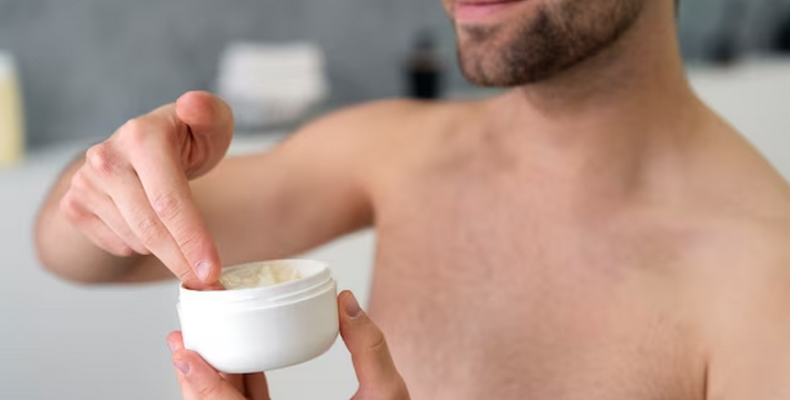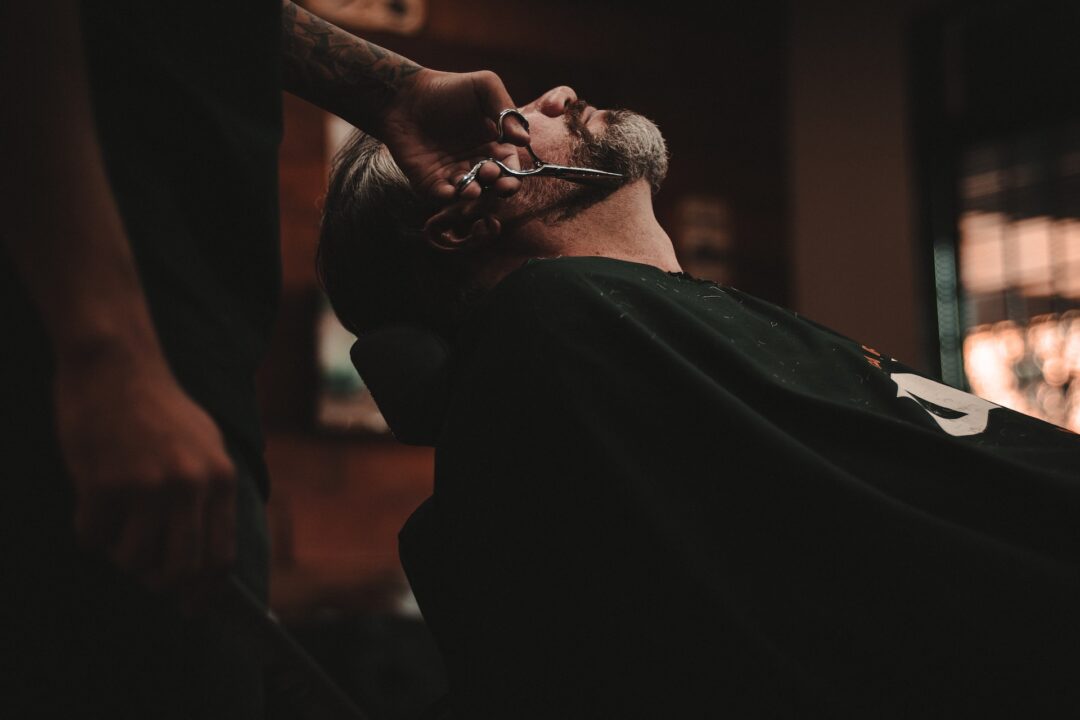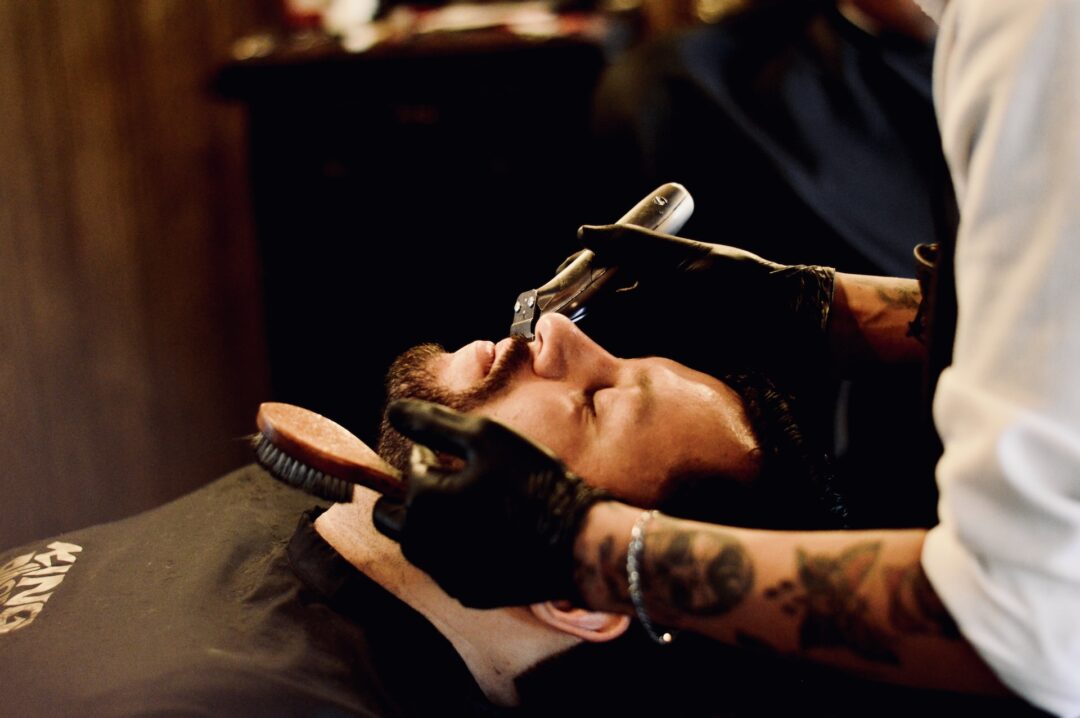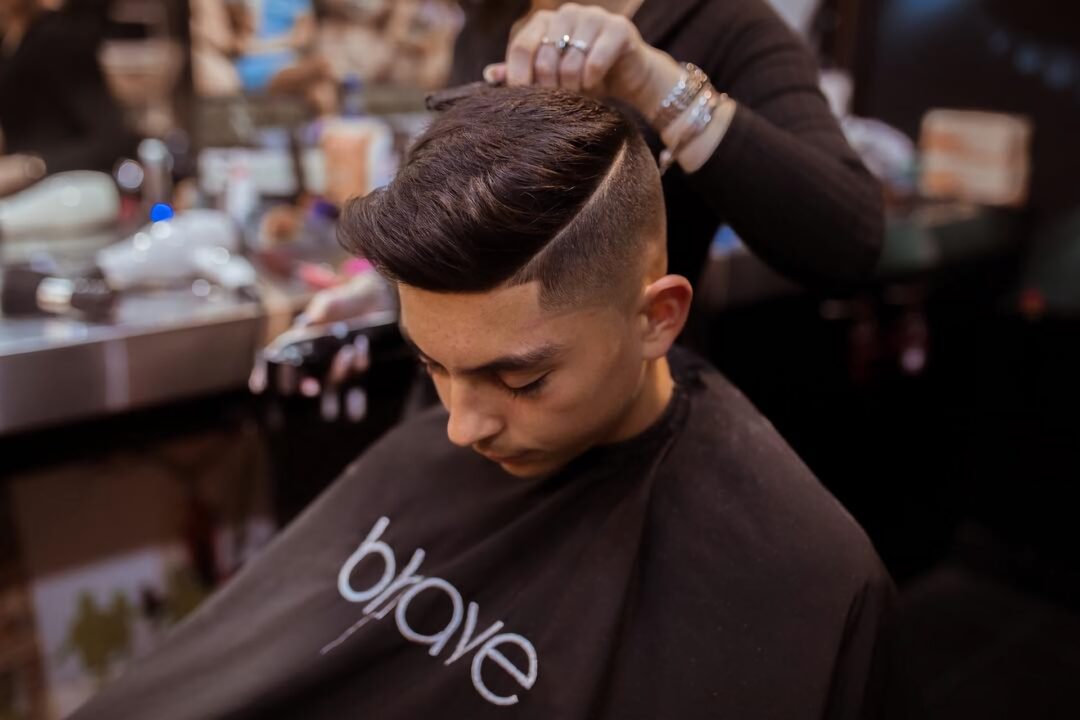In recent years, the science of beard grooming has transformed from simple aesthetic practices to a meticulous fusion of chemistry and self-care. At the heart of this evolution is beard balm. With many asking questions like how to use beard balm and when do you use beard balm, we’ll delve into the science, studies, and consumer insights to provide a clearer perspective.
The Science Behind Beard Balm Ingredients
Beard balm is a grooming product that has gained popularity among men for its ability to maintain and nourish facial hair. It’s not just a random mixture of ingredients; each component serves a specific, scientifically-backed purpose. Let’s delve into the science behind the key ingredients found in beard balm.
Natural Oils
One of the primary components of beard balm is natural oils, such as argan oil and jojoba oil. These oils are chosen for their unique properties that benefit both the beard and the underlying skin.
- Argan Oil: Argan oil is renowned for its ability to improve skin elasticity. This is due to its high content of essential fatty acids and antioxidants. When applied to the skin beneath the beard, argan oil helps to promote a healthier, more supple complexion. Additionally, it doesn’t clog pores, making it an excellent choice for those prone to acne or skin irritation. The scientific basis for this lies in the fact that argan oil is rich in linoleic acid, which helps to maintain skin barrier function and reduce inflammation;
- Jojoba Oil: Jojoba oil closely resembles the natural sebum produced by our skin. It’s non-comedogenic, meaning it won’t clog pores. This makes it an ideal ingredient for beard balm, as it helps to moisturize both the beard hair and the skin without causing acne or other skin issues. The science behind this lies in jojoba oil’s chemical structure, which closely mimics sebum and provides a protective barrier to the skin, preventing moisture loss.
Butters
Shea butter and cocoa butter are commonly included in beard balms due to their rich fatty acid content, which plays a crucial role in hydration and overall beard health.
- Shea Butter: Shea butter is loaded with essential fatty acids, including oleic acid, stearic acid, and linoleic acid. These fatty acids are essential for maintaining the skin’s natural moisture barrier. Additionally, shea butter possesses anti-inflammatory properties, which can soothe irritated skin beneath the beard. The scientific basis for this is the presence of compounds like lupeol cinnamate, which have anti-inflammatory effects;
- Cocoa Butter: Cocoa butter is rich in antioxidants and contains a high concentration of fatty acids, particularly oleic acid, palmitic acid, and stearic acid. These fatty acids help to lock in moisture, preventing the beard and the skin beneath it from becoming dry and brittle. Cocoa butter also aids in improving skin elasticity, contributing to a healthier beard. The science behind this is the ability of cocoa butter to form a protective layer on the skin, preventing transepidermal water loss.
Beeswax
Beeswax is a key ingredient in beard balm, not only for its holding properties but also for its protective benefits for both the beard and the skin.
- Holding Properties: Beeswax provides a natural hold to the beard, helping to shape and style it. This is achieved because beeswax has a high melting point, allowing it to provide a firm hold without being too sticky or greasy;
- Protective Barrier: Beyond its holding properties, beeswax creates a protective barrier on the beard and skin. This barrier locks in moisture, preventing dehydration of the beard hair and the underlying skin. It also shields the beard from environmental pollutants, such as dust and pollutants in the air. This protective action of beeswax is grounded in its hydrophobic nature, which repels water and external contaminants.
Top Beard Balm Brands & Pricing
When it comes to grooming and nourishing beards, balms have become a go-to product for many. Several brands have risen to prominence due to their unique formulations and user testimonials. Let’s explore three of the most acclaimed ones:
- Honest Amish Beard Balm: Priced reasonably around $12, what sets Honest Amish apart is its commitment to organic ingredients. Users often rave about its long-lasting effect that keeps their beard soft and tamed throughout the day;
- Scotch Porter Beard Balm: A slightly more upscale option, it’s available for approximately $20. What justifies its price tag is its renowned hydration capabilities. For those looking for that luxurious feel, this balm doesn’t disappoint. The richness of its formula ensures that the beard remains moisturized, reducing itchiness and dryness;
- Beardbrand Utility Balm: For those who don’t mind splurging for multifunctionality. Priced at $28, it certainly leans towards the higher end of the spectrum. However, its multi-use functionalities, allowing users to apply it not just on their beard but also on their skin and tattoos, make it a versatile pick for grooming aficionados.
| Brand | Price | Unique Feature |
| Honest Amish | $12 | Organic ingredients, long-lasting effect |
| Scotch Porter | $20 | Superior hydration, luxurious feel |
| Beardbrand Utility | $28 | Multi-use functionalities |
Verdict from the Bearded Community
Beard balms have become an essential grooming product for many men seeking to maintain healthy, soft, and well-groomed facial hair. In the world of beard grooming, forums and communities have been abuzz with discussions regarding beard balms, and the verdict from the bearded community is in. This comprehensive guide will delve into the details of what the community has to say about beard balms, covering topics such as beard softness, finishes, and scents.
Beard Softness: The Consensus
One of the most significant advantages of using beard balms, according to the bearded community, is the noticeable improvement in beard softness with consistent use. This improvement is attributed to the nourishing and conditioning properties of beard balms. Here’s a closer look at the factors contributing to enhanced beard softness:
- Ingredients: Beard balms often contain a combination of natural ingredients like beeswax, shea butter, and various carrier oils (e.g., jojoba, argan, or coconut oil). These ingredients work together to moisturize and hydrate the beard hair, making it softer and more manageable;
- Controlled Frizz: Beard balms help in taming unruly beard hair, reducing frizz and making it feel smoother to the touch. This is especially beneficial for men with longer or coarser beards;
- Split End Prevention: The moisturizing properties of beard balms can also help prevent split ends, further contributing to a softer and healthier beard.
Finish Matters: The Quest for a Matte Look
The bearded community places a high value on the finish provided by beard balms. A matte finish is particularly favored because it ensures that the beard doesn’t appear greasy or overly shiny. Here’s why a matte finish is in demand:
- Natural Appearance: A matte finish gives the beard a more natural appearance, which is ideal for everyday wear. It prevents the beard from looking artificially polished or glossy;
- Reduced Greasiness: Many beard enthusiasts prefer to avoid products that make their beard look greasy, as it can be uncomfortable and unattractive;
- Versatility: A matte finish is versatile and can complement various beard styles, from a neatly trimmed beard to a more rugged look.
The Scented Dilemma: Hit or Miss?
Scented beard balms have garnered mixed reviews within the bearded community. While some users appreciate the pleasant aroma that scented balms provide, others find them to be a hit or miss. Here’s a breakdown of the scent-related preferences:
| Pros of Scented Balms | Cons of Scented Balms |
| Pleasant Aroma: Scented balms can leave your beard smelling fresh and appealing throughout the day. | Clash with Colognes: Scented beard balms can clash with colognes or other fragrances you may be wearing, creating an overwhelming mix of scents. |
| Aromatherapy: Some scents, such as those infused with essential oils, may offer aromatherapeutic benefits, promoting relaxation or boosting mood. | Allergic Reactions: For individuals with sensitive skin or allergies, scented balms may lead to skin irritations or discomfort. |



